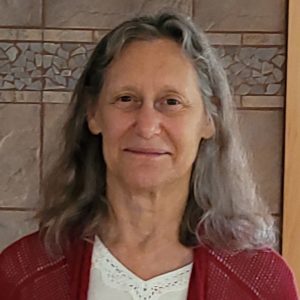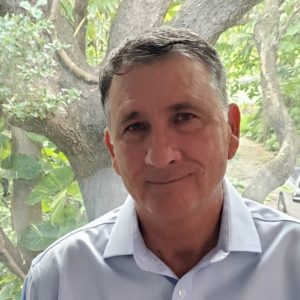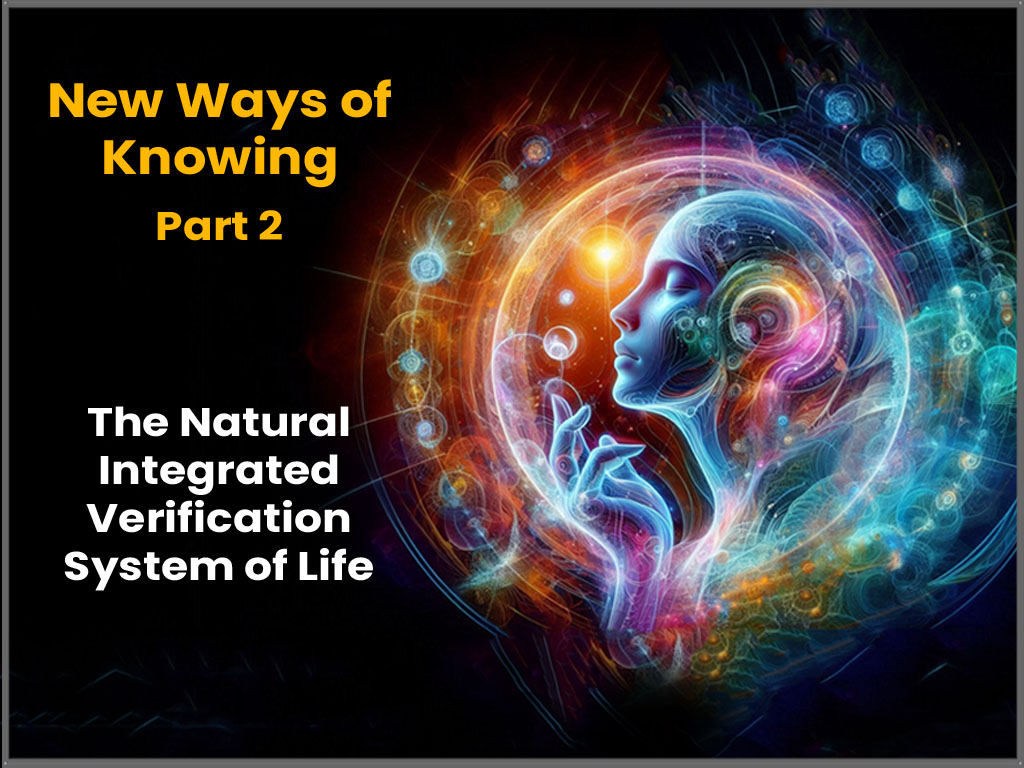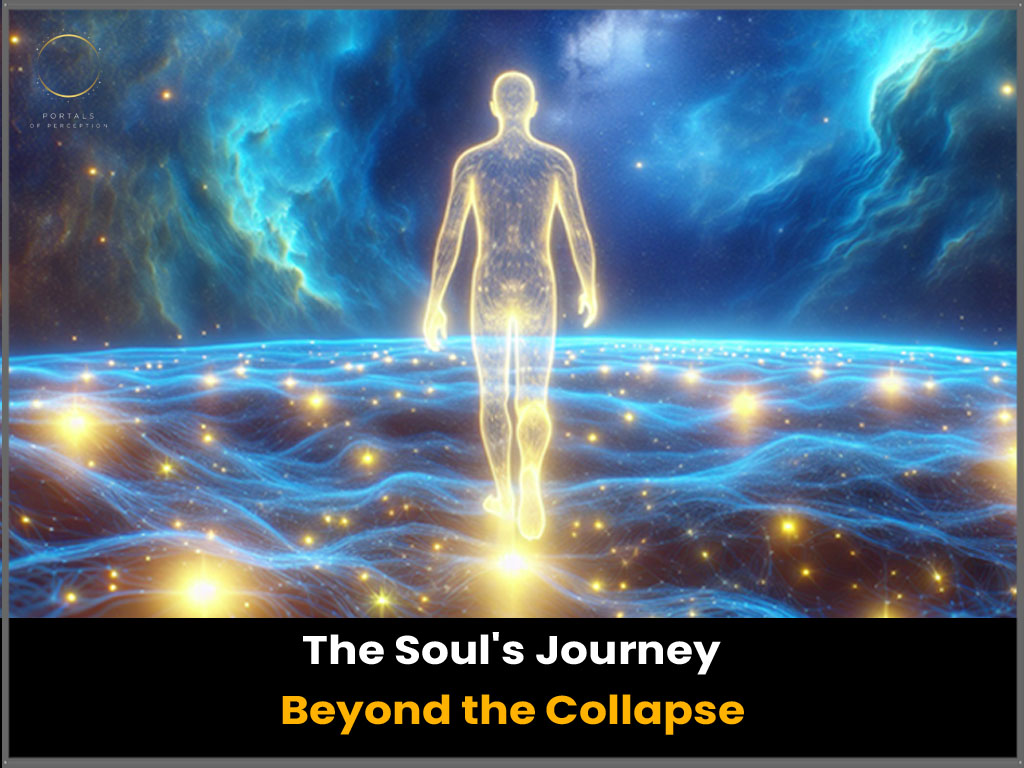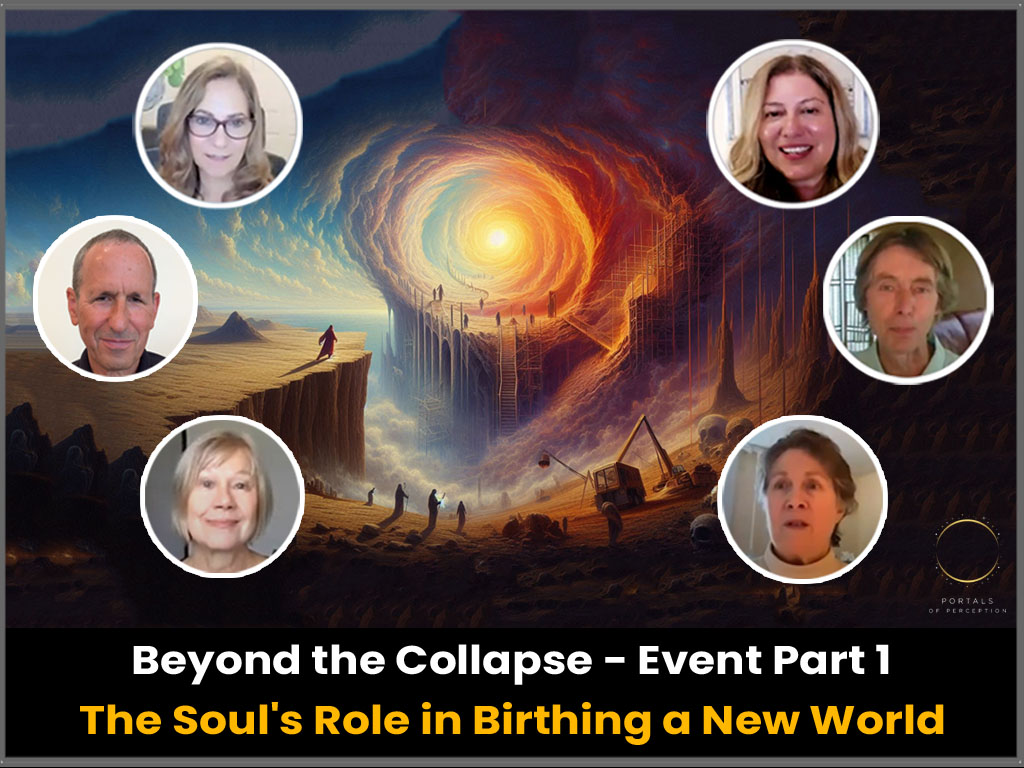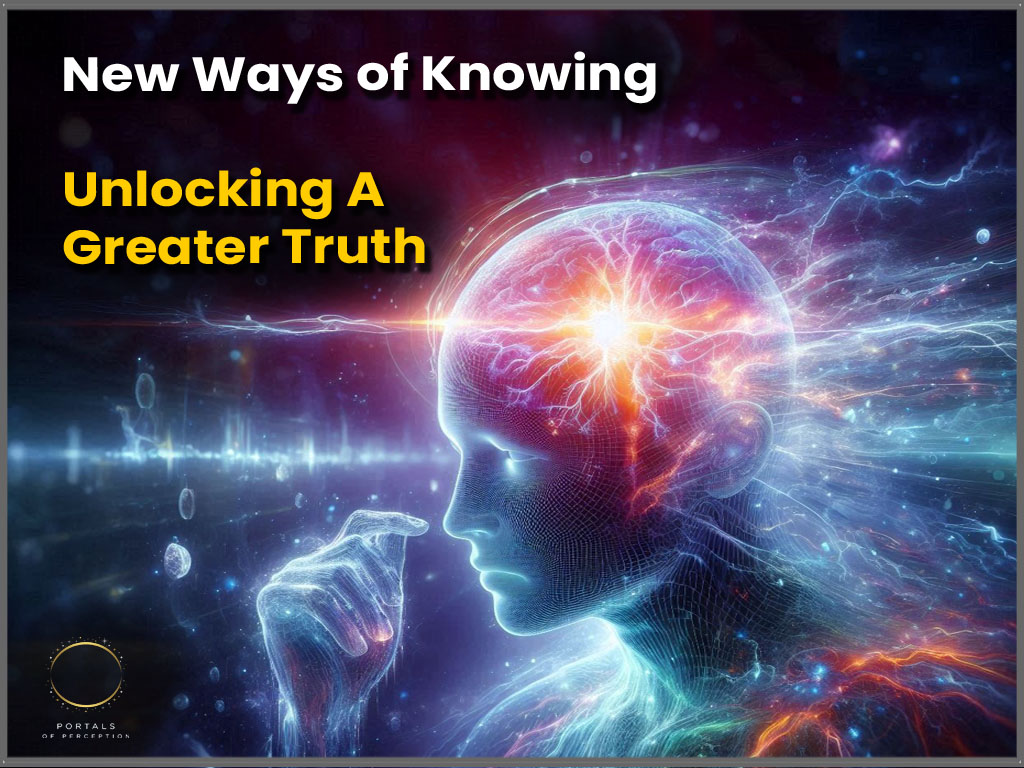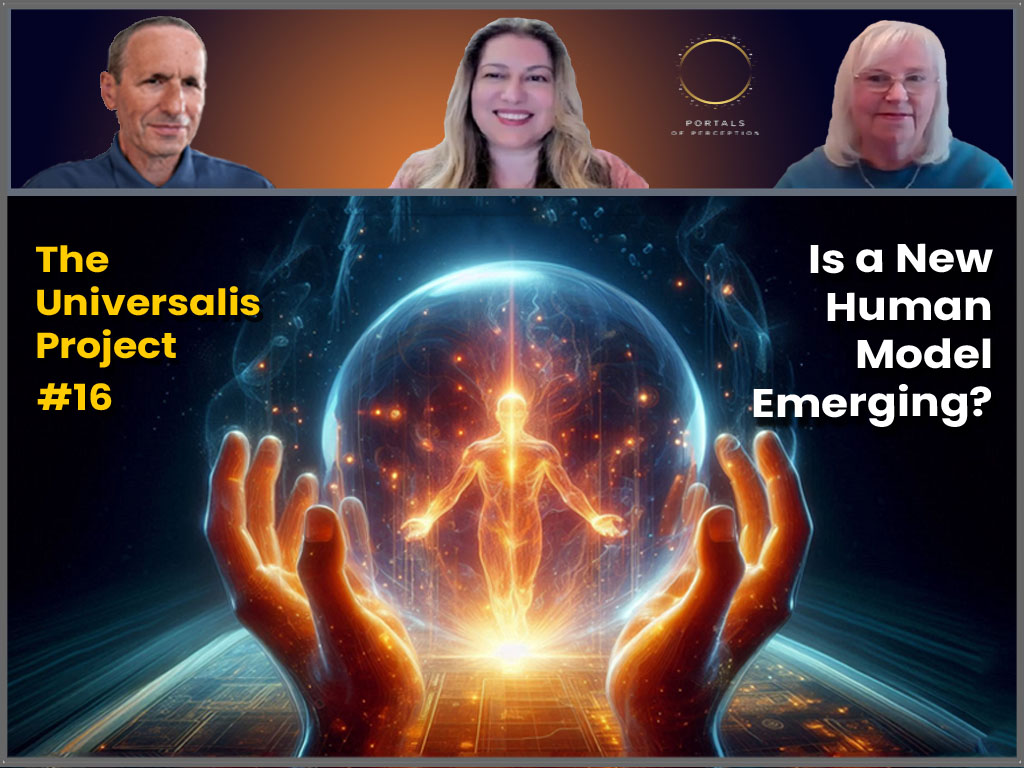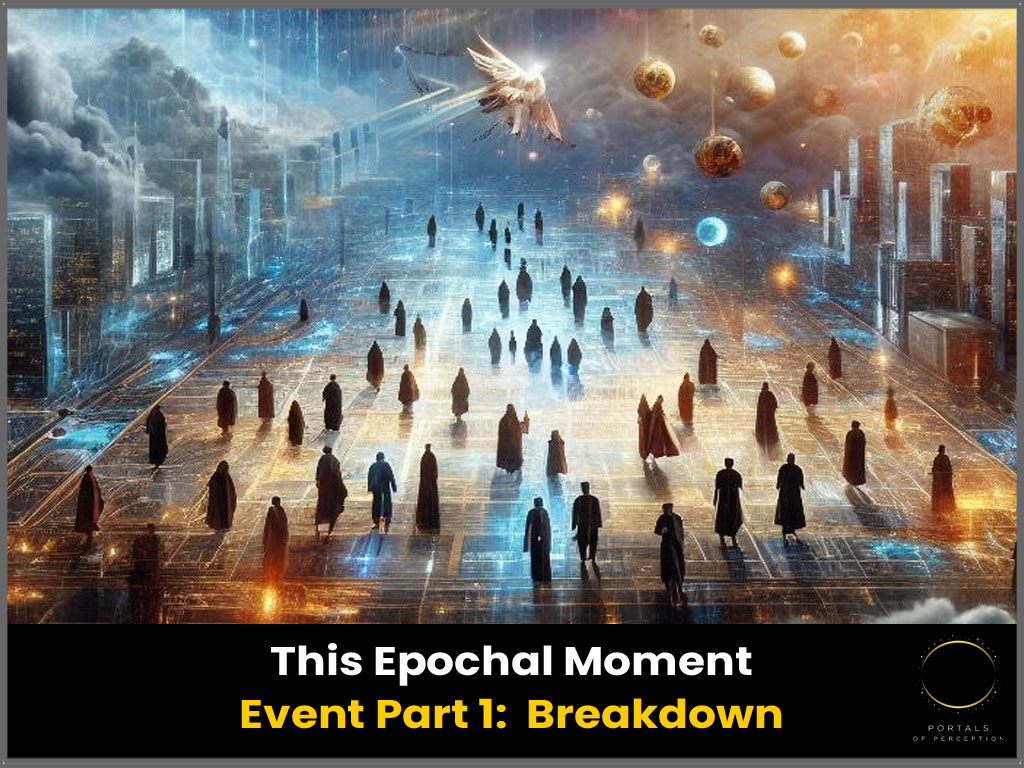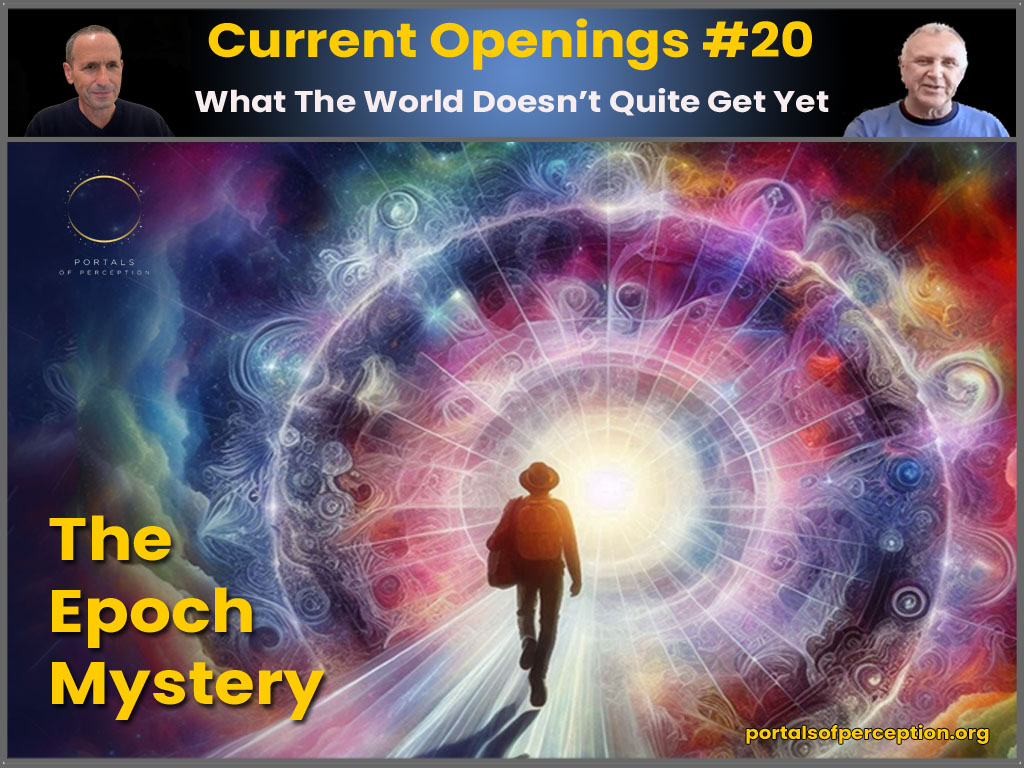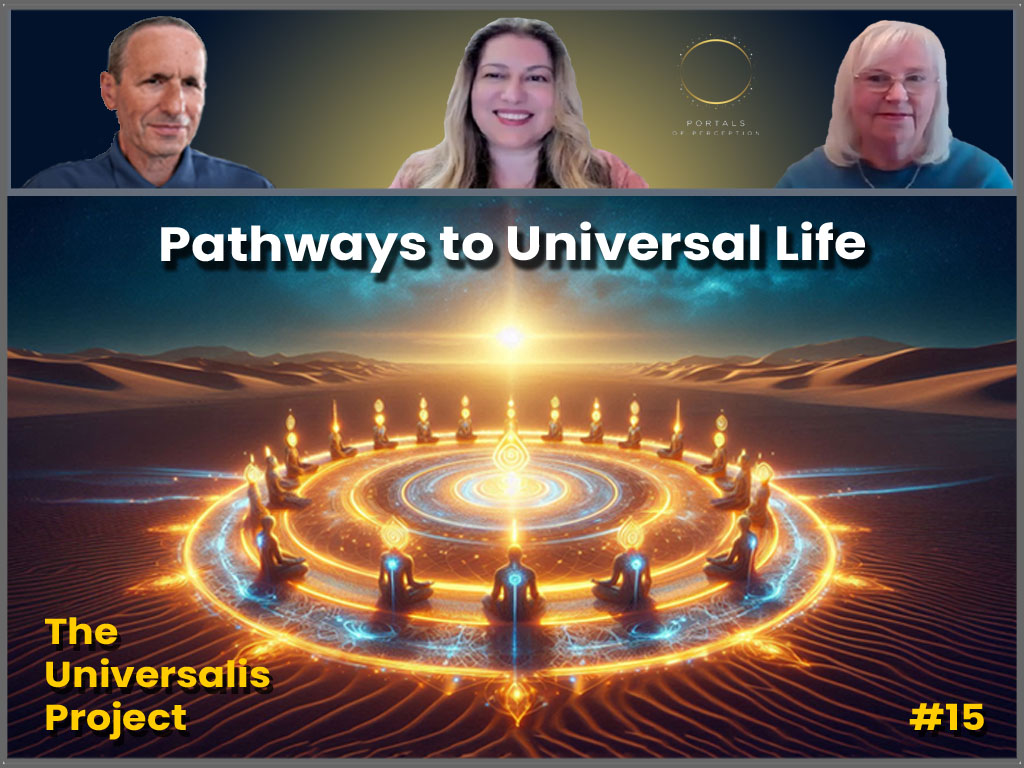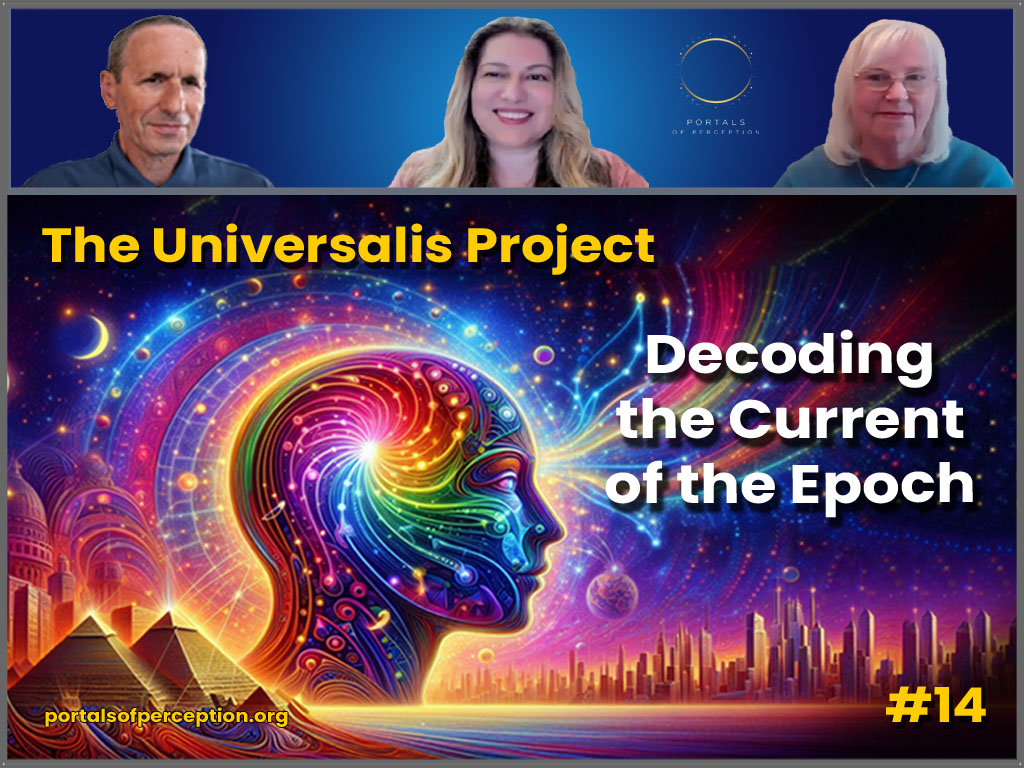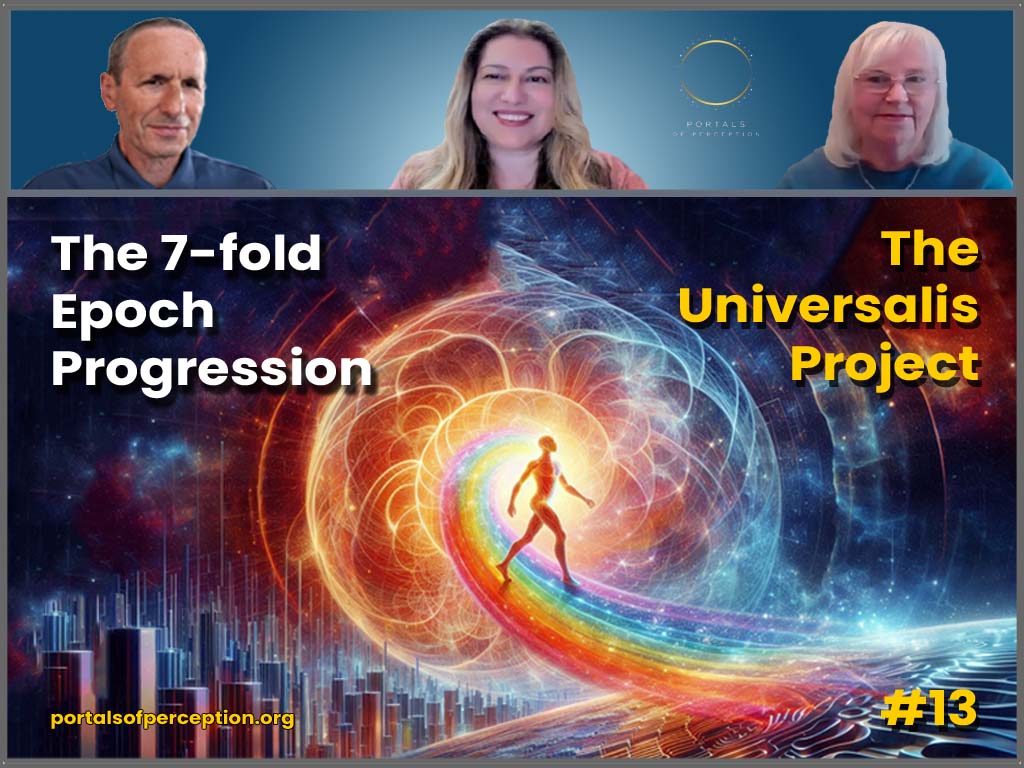
In this conversation we’ve been learning how to discover the emergent version of ourselves, the new us that we don't yet know but are looking to release. Along the way we are gaining insight into the core question of how we choose to live our lives.
How do we, as people, come together as families, as communities, as networks? How do we use our talents and capabilities to produce better results and become more effective in collaborating, while at the same time discovering if competition and collaboration are indeed in conflict?
We're seeking to describe some of the core elements, the core principles, which anybody can pick up and use to develop their own self-tailored, self-designed leadership philosophy. Central to self-leadership is the function of discernment, of being tethered
to ourselves, of being in touch with our principals and our values. We are forever in the arena with other people and forever pulled in many directions. Self-leadership is being able to refine, time and again, inside the cacophony that may constantly distract us from our self-chosen journey or endeavors.
As we have seen, leadership is not a simple algorithm; it has many different dimensions and facets, and it is situational. It is sometimes personal, sometimes generational, sometimes pulling us into unknown dimensions.
An aspect of leadership has to do with pioneering into new opportunities. The key for me has been in the decision making: if I say I want to do this and it has certain advantages and disadvantages and difficulties and opportunities, I need to decide if I want to do this and why. Then it’s a building block, a center of gravity to come back to, especially when it's not so pleasant, or it's not so comfortable, or the outcome is not as expected. Then you have to keep trying because this is one of the key features of human potential – to make a decision and stick to it.
